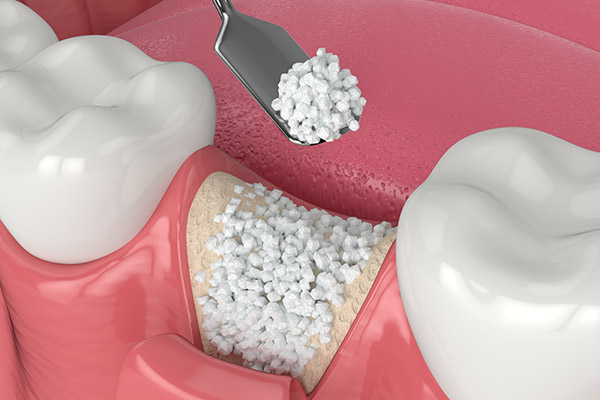 Dental implants provide a long-term solution for missing teeth, offering functional and aesthetic benefits. Designed to mimic natural teeth, they help restore the ability to chew, speak, and smile with confidence. The process of receiving dental implants involves multiple stages, each essential for ensuring a successful and lasting outcome. Understanding what to expect can help patients feel more prepared for treatment.
Dental implants provide a long-term solution for missing teeth, offering functional and aesthetic benefits. Designed to mimic natural teeth, they help restore the ability to chew, speak, and smile with confidence. The process of receiving dental implants involves multiple stages, each essential for ensuring a successful and lasting outcome. Understanding what to expect can help patients feel more prepared for treatment.
Initial consultation and planning
Before undergoing the implant procedure, a comprehensive dental evaluation is necessary. This includes reviewing medical history, taking digital images or 3D scans, and assessing bone density. The dentist will determine whether additional procedures, such as bone grafting or sinus augmentation, are required to create a stable foundation for the implant. Treatment plans are customized based on individual needs to ensure optimal results.
Dental implant placement
Placing dental implants requires a surgical procedure performed under local anesthesia. The process involves the following steps:
- 1. Incision and preparation: The dentist makes a small incision in the gum tissue to expose the underlying bone.
- 2. Implant placement: The dentist inserts a small titanium post into the jawbone. This post will act as an artificial tooth root.
- 3. Healing period: The implant integrates with the bone through a healing process called osseointegration. Depending on the patient, this can take several months.
During the healing phase, the dentist may place a temporary restoration on the treated area to maintain the patient's function and appearance. They will need to take proper care of the area while it heals to support successful integration.
Abutment and crown placement
Once the implant fuses with the bone, the next stage involves the dentist placing the abutment. The abutment connects the implant to the final restoration, such as a crown, bridge, or fixed denture. The dentist may place a temporary healing cap around the abutment to let the gum tissue heal properly. After the gum tissue has healed, the dentist will attach the restoration to complete the tooth replacement process.
Recovery and aftercare
The recovery timeline varies depending on the complexity of the procedure and each patient's response to the healing process. They should follow post-operative care guidelines, including:
- Avoiding hard or chewy foods that may put pressure on the implant site
- Maintaining proper oral hygiene to prevent infection and support healing
- Being aware of potential complications like infection and implant failure
- Attending follow-up appointments to monitor the implant’s progress
Most patients experience minimal discomfort. Fortunately, they can manage it with over-the-counter pain relievers. However, in some cases, the dentist may prescribe pain relievers and antibiotics. Swelling and minor bleeding are common but typically subside within a few days.
Schedule a consultation at our Andover office
Understanding the dental implant process can help you make informed choices about your oral health. With the right care and maintenance, implants can effectively replace missing teeth and improve the confidence you have in your smile. Do you have questions for the Bagnall Family Dentistry team? Call our Andover office to learn more or to schedule a consultation.
Request an appointment or call Bagnall Family Dentistry at 978-655-2005 for an appointment in our Andover office.
Related Posts
Achieving a bright, functional smile can be life-changing, and dental implants stand out as a dependable solution for replacing missing teeth. These implants anchor into the jawbone, restoring comfort and the aesthetics of natural teeth. However, proceeding with this procedure requires thoughtful preparation and clear communication with a dental professional. Below are five important topics…
Dental implants often beat out other tooth replacements due to their natural appearance and durability. Although getting them can be a lengthy process, many patients find it a worthwhile one. Proper preparation can contribute to a smooth experience and optimal results. Understanding each phase of the process, making necessary lifestyle adjustments, and following professional recommendations…
Dental implants provide a long-lasting solution for missing teeth, offering functional and aesthetic benefits. Whether replacing a single tooth or supporting a full arch, dental implants help restore confidence and improve oral health. Understanding the essential facts about this treatment can help patients make informed decisions.Dental implants look, feel, and function like natural teeth. The…
